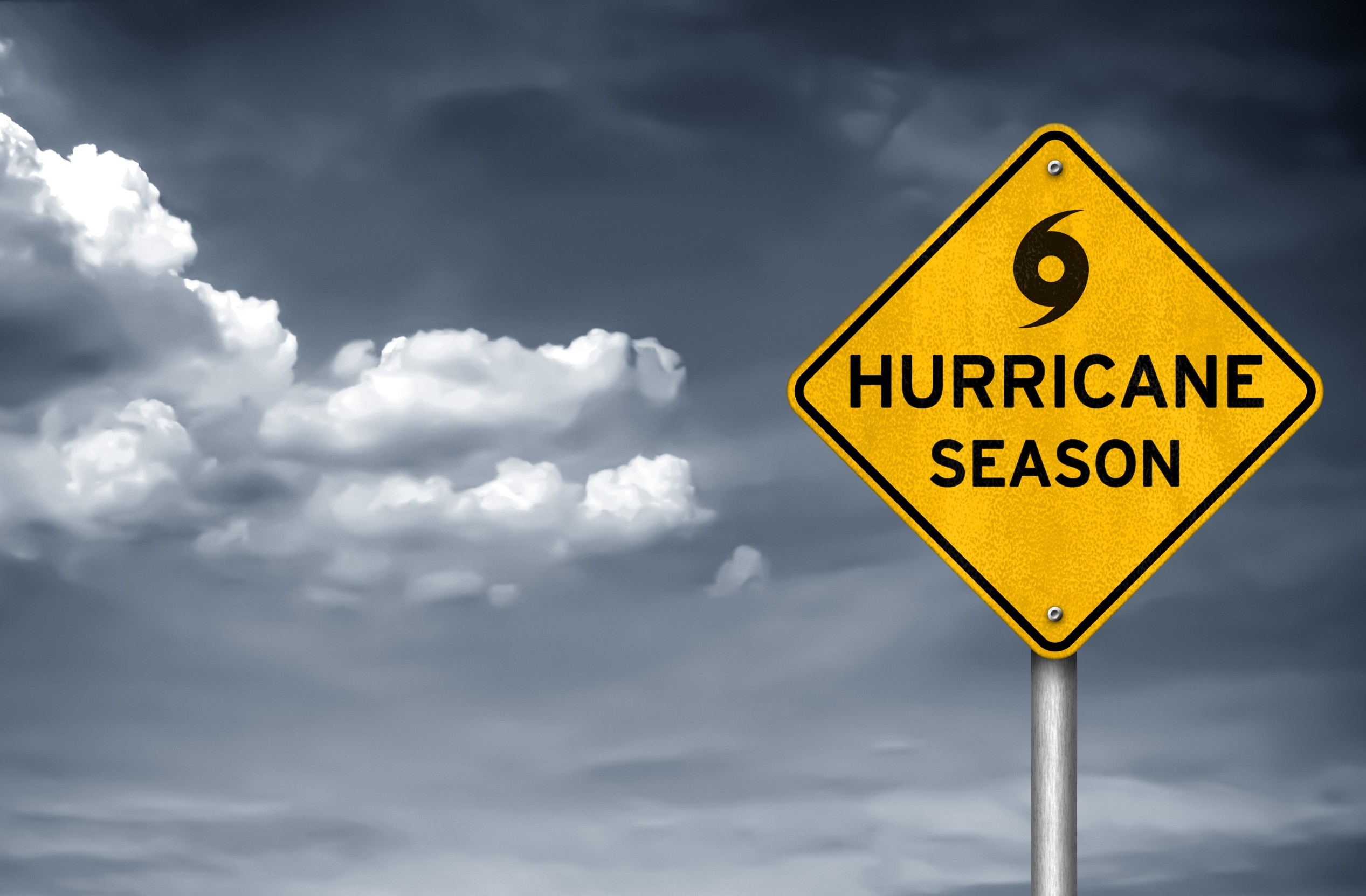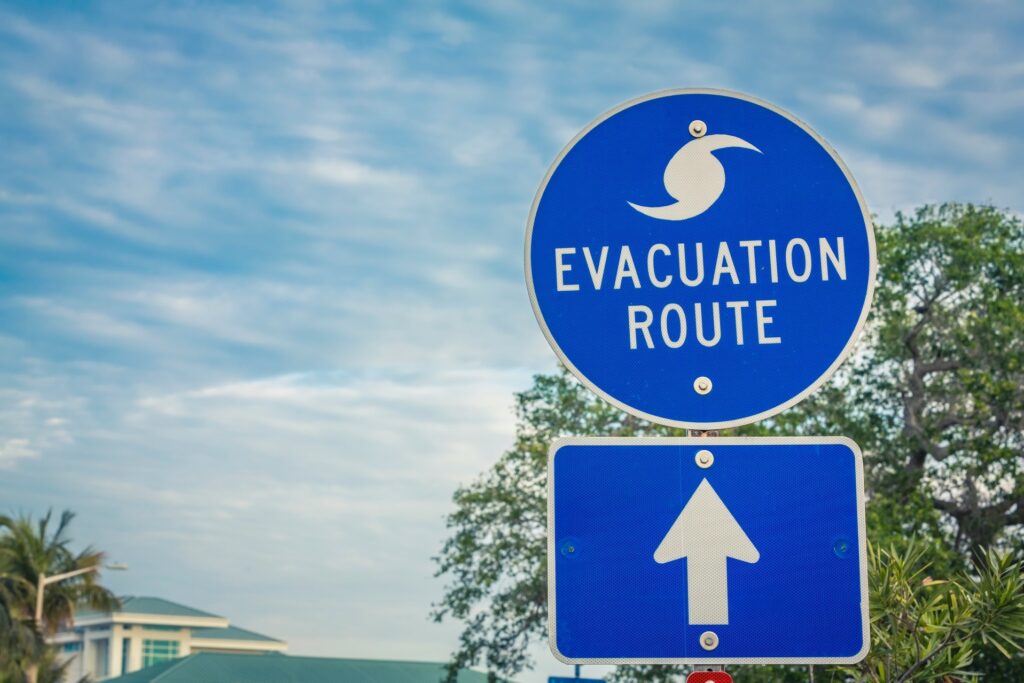
Heavy Rain, Flooding, and Chance of Severe Weather Staring Down the Southern U.S.
January 22, 2024
Posted: June 6, 2023 1:28 pm





Every year from June 5th-9th, we observe Hurricane Week. This annual event serves as a stark reminder that our planet’s weather patterns can unleash immense power, leaving destruction and tragedy in their wake.
With increasing frequency and intensity, hurricanes have become a global concern, demanding attention, preparedness, and effective response strategies. We’ll delve into Hurricane Week, exploring the impact, response efforts, and the crucial lessons we must learn from these natural phenomena.
Hurricanes are formidable storms characterized by strong winds, heavy rainfall, and storm surges. These cyclones can span hundreds of miles and unleash destructive forces capable of devastating coastal regions and inland areas.
Hurricane Week highlights the magnitude of destruction caused by these natural disasters, from shattered infrastructure to uprooted trees, flooded communities, and disrupted lives, the aftermath of a hurricane can be catastrophic.
In recent years, the world has witnessed several devastating hurricanes. The Caribbean, the Gulf of Mexico, and the southeastern coast of the United States have been particularly susceptible to these extreme weather events.
Just last year, Hurricane Ian, one the Florida’s worst hurricanes in history, devasted the coast of Southwest Florida, leaving Fort Myers beach in shambles.
In the face of such destructive forces, effective response and preparedness measures are critical to minimizing the impact on human lives and infrastructure.
Governments, local authorities, and humanitarian organizations work tirelessly to develop emergency plans, evacuate vulnerable areas, and provide assistance to those affected.
Hurricane Week acts as a catalyst for awareness and preparedness campaigns, reminding communities of the importance of early warning systems, emergency supplies, and evacuation plans. These efforts save countless lives and help reduce the long-term consequences of such disasters.

Hurricane Week also serves as a valuable opportunity for us to reflect on the lessons learned from past hurricanes and adapt our response strategies accordingly.
Here are a few key takeaways:
The intensification of hurricanes can be linked to climate change and rising sea levels. The warming of the oceans provides fuel for these storms, leading to increased intensity and precipitation. Addressing climate change and reducing greenhouse gas emissions must be a global priority to mitigate the impact of future hurricanes.
The vulnerability of infrastructure to hurricane damage highlights the need for resilient design and construction. Buildings, power grids, and communication systems should be built to withstand the destructive forces of hurricanes, ensuring minimal disruption and faster recovery.
Coastal regions are at the frontline of hurricane impacts. Investing in natural and engineered coastal protection measures, such as dune restoration, seawalls, and wetland preservation, can help mitigate storm surge and protect vulnerable communities.
Efficient evacuation plans and early warning systems are crucial for saving lives.
Governments and communities must invest in robust communication networks and ensure that residents have access to reliable information to make informed decisions during hurricane events.
Hurricane Week stands as a reminder of the immense power of nature and the urgent need for preparedness, response, and adaptation measures.
By learning from past experiences, investing in resilient infrastructure, addressing climate change, and enhancing emergency preparedness, we can mitigate the devastating impacts of hurricanes.
However, this requires collective global action, cooperation, and a shared commitment to protecting vulnerable communities from the wrath of these powerful storms. Let Hurricane Week serve as a call to action, urging us to build a more resilient and sustainable future for all.

January 21, 2024

January 19, 2024

January 18, 2024